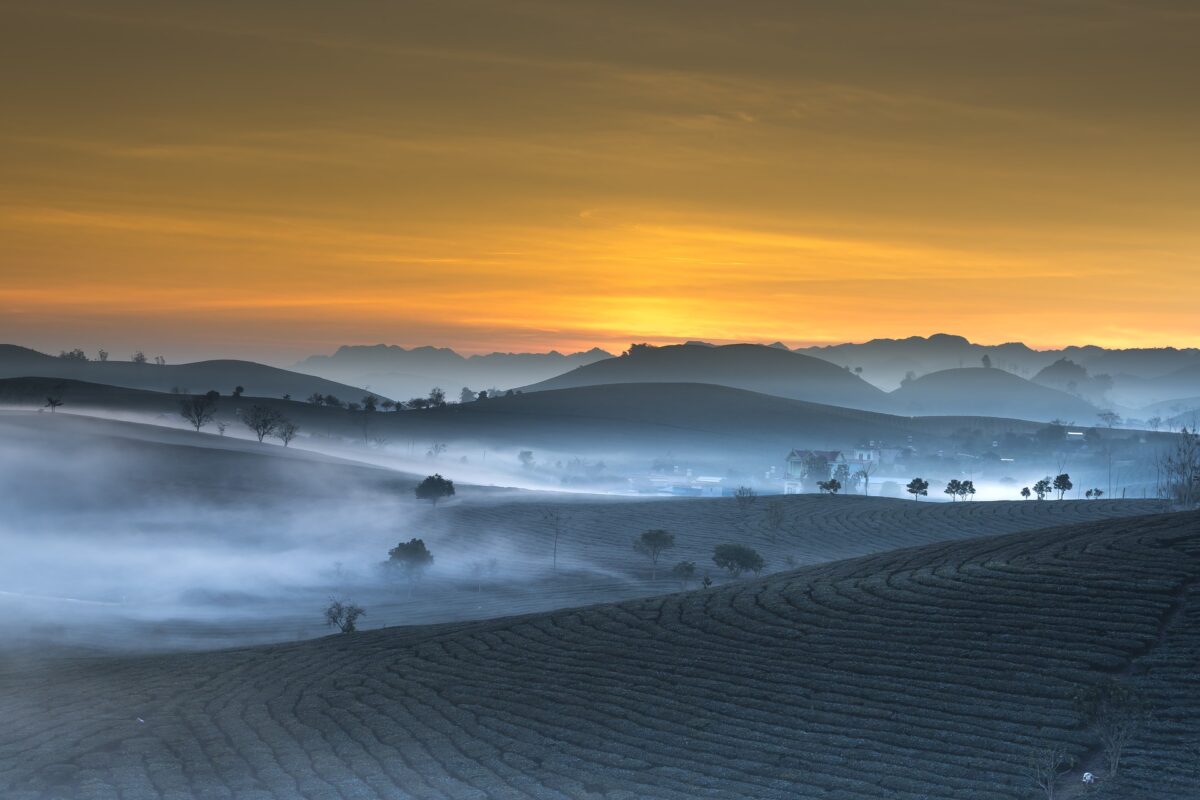It has never been, and never will be, easy work! But the road that is built in hope is more pleasant to the traveler than the road built in despair, even though they both lead to the same destination. (Marian Zimmer Bradley, 1930-1999)

My favorite poem is The Road Not Taken written by Robert Frost. If you haven’t read this poem lately, why not take a look at it before finishing this post.
https://www.poetryfoundation.org/resources/learning/core-poems/detail/44272
We do have choices to make and attitudes to wrestle with. Each day we have multiple opportunities to make choices between being a victim or being a survivor. Many of the choices we make, I have learned, depend on attitude, self-discipline, habit and character.
In Frost’s poem, once the traveler decides which path to choose, he/she must abandon the other path to another time. So choosing the path of despair or hope locks in your journey until the next time new journeys appear .
The companion you choose on the journey through the woods or fields is resolute in its guidance. It affects all that occurs while you walk down the path you’ve chosen. It affects all the senses.
In the 1950’s Pete Seeger wrote a song, Turn, Turn, Turn the words of which come from Ecclesiastes 3 found in the Holy Bible. In the 1960’s, the band The Byrds, re-recorded the song. The message of that song is there is a time and place for everything. There is a time for despair but a time to be filled with hope. There is a time to weep and a time to laugh, a time to mourn and a time to dance.
You and I freely choose the paths we will follow. Whether we encounter despair or joy is of our own making. Clearly the path of despair brings less joy than the path of hope. Hang on to despair, grief, mourning for as long as you must, but always return to the path of hope. It brings happiness now, and well into the future.

A good reminder. Thanks!
When I taught high school English, we’d always reach a point in the discussion when this poem was perfect. I’d recite it and ask the class why Frost’s lines applied. They were always eager to explain it, even kids who rarely or never spoke. Something universal lies in that poem about choice.